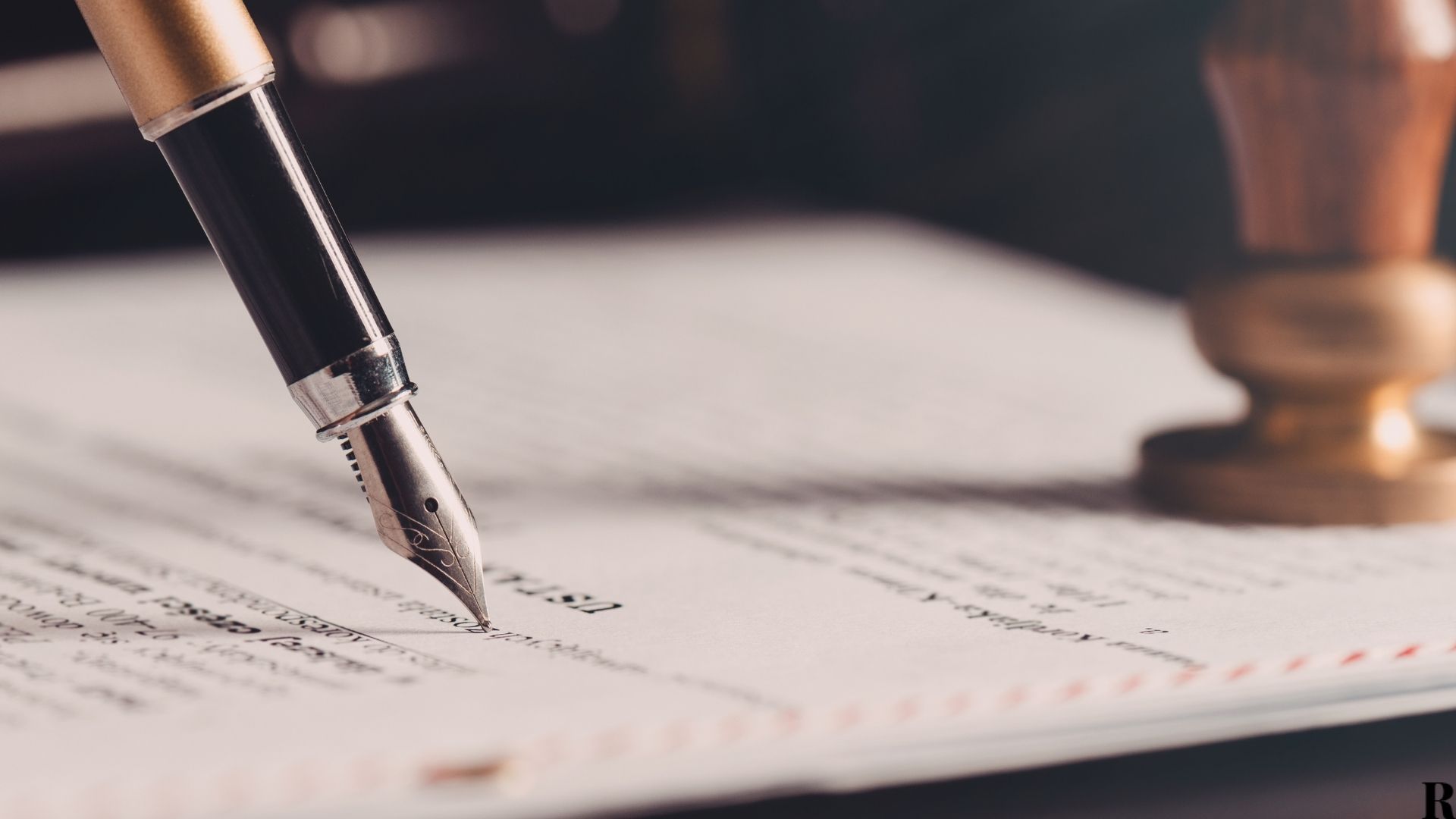Understanding Apostille: Simplifying International File Legalization
Understanding Apostille: Simplifying International File Legalization
Blog Article
Demystifying Notarial Job: Streamlining the Duty and Significance of Notaries
In the elaborate internet of lawful documentation and verification, notaries stand as pillars of assurance and credibility. Their role, usually shrouded in enigma for several, lugs significant weight in ensuring the validity and integrity of crucial records. As guardians of validity and reality, notaries play a critical component in our society, yet their work is not always completely recognized. By unwinding the complexities shedding and bordering notarial methods light on the relevance of their acts, a clearer understanding emerges of the crucial role notaries play in maintaining the textile of contractual and legal contracts.
The History of Notarial Work
How did notarial work develop with time to come to be an indispensable part of legal and organization transactions? The background of notarial job go back to old worlds, where scribes played an important duty in videotaping important information and verifying files. As societies advanced, the need for an extra formalized system to guarantee the legitimacy of contracts arose. This led to the development of notaries, people designated by the state to work as impartial witnesses in lawful matters.
Throughout the Middle Ages, notaries gained prestige in Europe, with their features increasing to include preparing legal records, licensing trademarks, and preserving documents. The increase of international trade better highlighted the significance of notarial operate in validating contracts and contracts across borders.
In the modern era, notaries proceed to play an important duty in lawful and company deals by validating identities, validating the authenticity of documents, and preventing scams. Their function in certifying the credibility of arrangements adds a layer of protection and trust to the ever-evolving landscape of commerce and legislation.

Responsibilities and Duties of Notaries
Notaries play a vital role in confirming the authenticity of files and the identification of signatories. One of their main duties is to witness the finalizing of important papers, such as agreements, actions, and wills, to ensure that all parties are entering into arrangements intentionally and voluntarily.
They license duplicates of initial records, supplying guarantee to organizations that the duplicates are real replicas of the originals. Generally, the responsibilities and obligations of notaries are important in safeguarding the integrity and legality of different files and transactions - Notary.
Notarial Certificates and Signatures
Exhibiting thorough attention to detail, notarial certifications and signatures act as crucial elements in validating the credibility of legal papers. Notarial certificates commonly include important info such as the date of registration, the names of the signatories, a summary of the document, and the notary's main seal. These certifications supply a clear document of the notarial act, making sure that the record can be conveniently identified and mapped back to the notary that managed the procedure.
Trademarks play an essential function in notarial work, as they symbolize the arrangement and consent of the parties included. Notaries carefully witness the finalizing of documents to i was reading this verify the identity of the notaries and verify that they are authorizing of their very own free choice. By fastening their main seal and signature to the document, notaries license that the necessary treatments have actually been complied with which the paper is valid and enforceable.
Fundamentally, notarial certificates and signatures are the characteristic of credibility in lawful transactions, giving guarantee to all celebrations included that the documents are reputable and binding.
Importance of Notarial Acts

Registration Process Described
Explaining the notarization procedure offers clarity on the vital actions included in confirming lawful documents. The registration procedure normally starts with the private providing the file to a notary public. The notary after that confirms the endorser's identification with appropriate recognition approaches. Once the identification is confirmed, the notary makes certain that the private authorizing the record does so voluntarily and without any type of coercion.

Conclusion

Notarial certifications typically include vital details such as the date of notarization, the names of the signatures, a summary of the paper, and the notary's official seal. These certificates supply a clear document of the notarial act, guaranteeing that the document can be quickly determined and mapped back to the notary that managed the procedure.
By attaching their official seal and signature to the file, notaries license that the necessary procedures have actually been complied with and that the paper is enforceable and valid.
By validating the identity of the notaries, verifying their readiness to get in into the agreement, and accrediting the date and location of the finalizing, notaries play an important Continued role in maintaining the legitimacy of legal records.After the file is signed, the notary will fasten their official seal or stamp onto the file.
Report this page